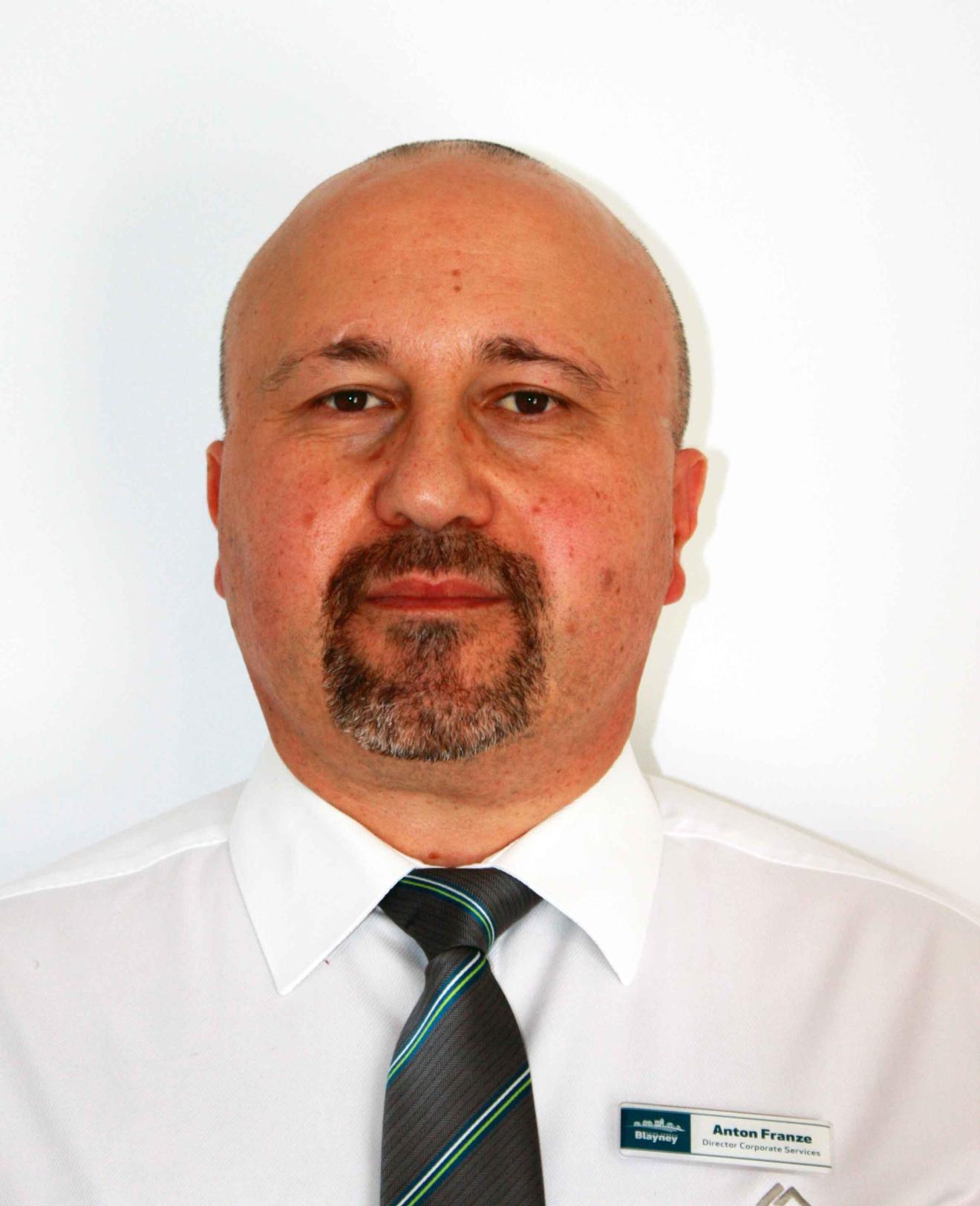Part two of the eight-part UTS:CLG Graduate Paper Series is Antonio Franze's dissertation:
The Challenges of Engaging Communities: Will the Small Rural Voices Be Heard in a Merged Regional Council?

The research investigated current methods of community engagement and village governance; explored the concerns of smaller communities of the merger impact on community engagement and involvement; and put forward recommended strategies for the larger council to be responsive to the requests and preferences of smaller communities into the future.
The research questions were:
- How effective are current methods of community engagement and community involvement in the small rural communities of the current Blayney, Cabonne and Orange City Councils?
- What are the concerns, if any, of the merger impact on community consultation and engagement in small rural communities?
- What is the most effective way in which a larger merged council can build trust, foster relationships and empower small rural communities to work with council to deliver the best community outcomes?
- What mechanisms will ensure that small rural communities in a large regional council obtain fair and equitable representation and retain a voice in their future?
The research was solidly located in the current literature on local government structural reform, the governance of regions, and strategies of community engagement and empowerment. Original data were gathered by means of:
- semi-structured in-depth interviews with seven representatives of incorporated village committees (or equivalent bodies) in the proposed merged council area
- semi-structured in-depth interviews with six General Managers, one from each of the three councils in the merger proposal region and three from councils that have experienced the amalgamation of towns and villages with a large regional centre in NSW
- three focus group discussions with a total of 22 representatives of village committees or groups in the proposed merged council area.
Analysis of the data confirmed that rural communities are concerned about the impacts of the merger on their communities. These areas of concern included fears that small villages would be ‘forgotten’; loss of equity in local representation; diminished access to councillors and council meetings; burdening of volunteers with greater expectations to deliver community outcomes; and concern over ‘politics’ in the chamber of a larger council taking precedence over a focus on the greater good of the community.
Drawing on these findings, Antonio suggested that a focus by a newly merged council on these areas of concern would help facilitate community acceptance of the proposed merger; help to build community trust; and assist in ensuring the sustainability of smaller towns and villages clustered around a major regional centre. The research suggested that retention of council offices and facilities in towns and villages would enable the newly merged council to promote communities’ access to council staff, meetings and services, and that doing so would also assist in building community trust.
In order to enhance local democracy in regional areas, recommendations were put forward for enhanced community engagement (e.g. the appointment of Community Development Officers focusing on smaller settlements); empowerment (e.g. facilitating communities’ access to funding, including council grants); and the establishment of community governance structures (e.g. strengthening the Section 355 Council Committee structure and facilitating access to councillors).
Dissertation summary by Ronald Woods, UTS:CLG Teaching and Research
More
Read full dissertation: The Challenges of Engaging Communities: Will the Small Rural Voices Be Heard in a Merged Regional Council?
Part 1 of the UTS:CLG Graduate Paper Series: It’s all in the delivery: An exploratory case study focusing on the Coffs Harbour City Council Delivery Program 2010-2016

